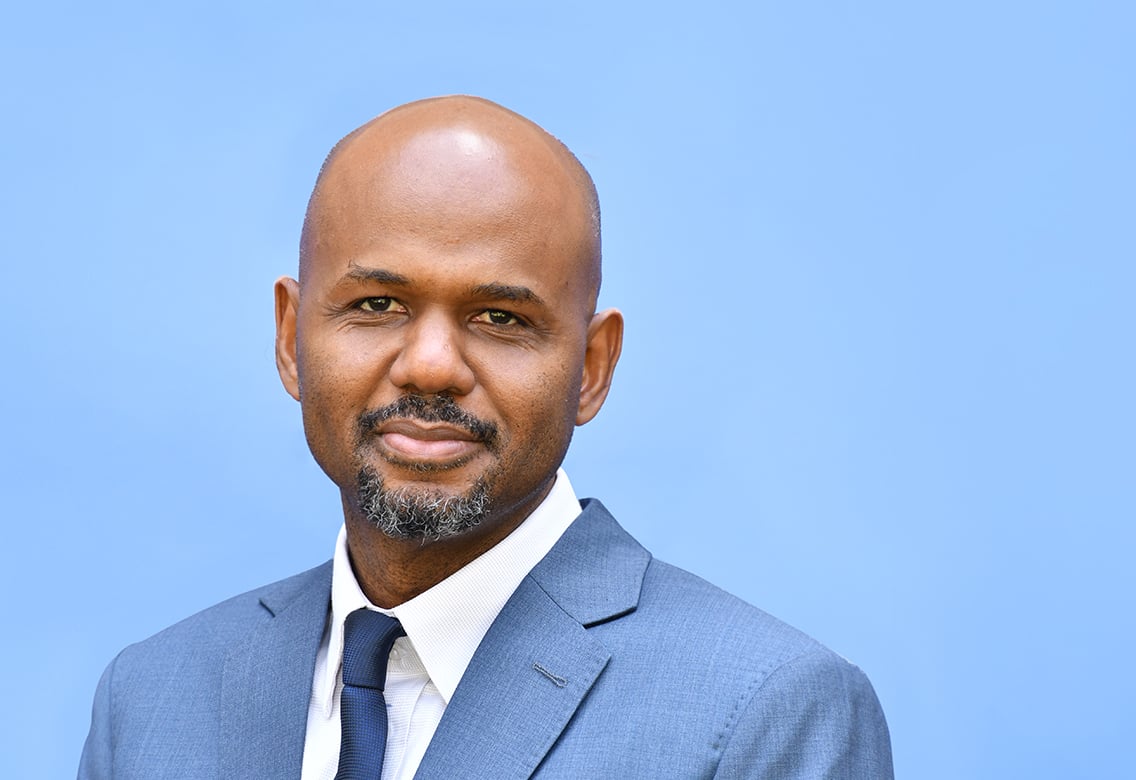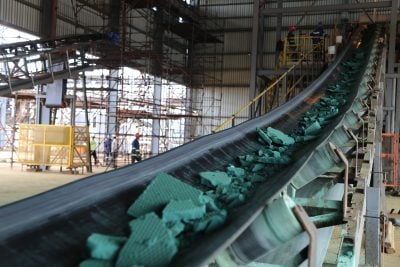Africa faces a biting shortage of affordable houses as its population grows and countries turn rural farmland into urban centres.
ShafD is emerging as a very important player is solving housing challenges in Africa. Shelter Afrique transformed into Shetler Afrique Development Bank (ShafDB) in 2023.
Why would your everyday African care about ShafDB?
Thierno-Habib Hann: Africans should care about ShafDB because it plays a crucial role in addressing housing challenges across the continent, and their access to affordable housing. By providing financing and expertise, ShafDB helps to improve access to affordable housing, which is fundamental for economic stability, social progress, and personal well-being. Its initiatives create opportunities for better living conditions, job creation, economic empowerment, and sustainable urban development, impacting communities directly.
Therefore, supporting ShafDB means contributing to the broader goal of building a better future for all Africans.
Apart from the rapid population growth and urbanisation in Africa, what are some of the other causes of housing shortage?
Economic downturns can reduce investment in housing construction, exacerbating shortages. Limited availability of suitable land and high land costs can hinder the construction of new housing.
Disparities in income can make housing unaffordable for large segments of the population.
Something else, which many of us do not consider, is that forced migration can also cause a housing shortage
Last year Shelter Afrique transitioned into Shelter Afrique Development Bank. What has been the difference so far?
The greatest change has been that we can now have non-African members as class C shareholders, holding up to 30%. This obviously means improved financial stability with the new shareholders bringing in capital.
As the new managing director of ShafDB, what challenges have you encountered during this transition period and how you have been able to solve them?
Transformation is painful: we had to look within and find ways to improve our processes, governance, and strategy to meet the demands of our sector and increase shareholder value. We laid out a new strategy, scaled up our expertise and made changes at the staff and board level. These changes have helped us be well underway with our transformation.
What are the four business lines under your new strategy and why go into them?
We offer support to financial institutions – such as banks. The second line is offering finance to the private sector, which might have the ideas but not sufficient long-term capital. The third business line is working with governments; and the last one is managing specific funds for example the African diaspora remitting funds back home for construction.
What are the main constraints inhibiting successful roll-out and scaling-up of the available financing mechanisms especially for governments?
For most African countries, one of the biggest challenges is that competing budgetary demands limit member states in their capacity to invest in affordable housing for their citizens. Governments also face many macroeconomic risks, such as borrowing costs and fluctuating interest rates.
How about the private sector challenges to create affordable houses?
Obviously the biggest is the perceived (not necessarily real) risk associated with the investments in the sector. This has discouraged potential investors, while those willing to invest ask for high risk premiums, affecting affordability by your ordinary citizens.
What innovative approaches are you deploying to deal with these constraints?
We are focusing on capacity-building for member states, to strengthen their legal and institutional frameworks to support housing finance. This means deliberate investment and strengthening of ShafDB as the gateway for investors in the African housing sector and as the thought leader in the sector across its member states.
We are also open to learning by taking lessons learned elsewhere – in Africa and the rest of the world – and customising them for local context.
With the ongoing transformation, ShafDB is very well primed as the go-to partner to implement the various innovations based on its geographical footprint and rich history in delivering affordable housing solutions across the continent.
Is there a case study you can talk about?
We found out that a majority of Nigerians have the financial capacity to pay for home ownership. The challenge was that there were no homes being built. So we have partnered with the Housing Solution Fund investment trust and developers to finance the construction of affordable houses in the country. The banks are willing to extend lower interest to the citizens because of our financial backing. We want to take the lessons from Nigeria to other African markets.
In Rwanda we have signed a partnership agreement to finance the construction of phase two of the Bwiza Riverside houses that are affordable to the Rwandan citizens.
What are the key takeaways from this ShafDB AGM?
The renewed commitment from shareholders and collaboration from the US, Africa, India and other parts of the world opens the door for bigger things. It builds confidence that we can access capital to fund our projects. It gives ShafDB hope and confidence.
The level of support from the Rwanda government has been high, too, with the prime minister opening the AGM on behalf of the President and attendance by the ministers of finance and infrastructure.
Want to continue reading? Subscribe today.
You've read all your free articles for this month! Subscribe now to enjoy full access to our content.
Digital Monthly
£8.00 / month
Receive full unlimited access to our articles, opinions, podcasts and more.
Digital Yearly
£70.00 / year
Our best value offer - save £26 and gain access to all of our digital content for an entire year!

 Sign in with Google
Sign in with Google 



